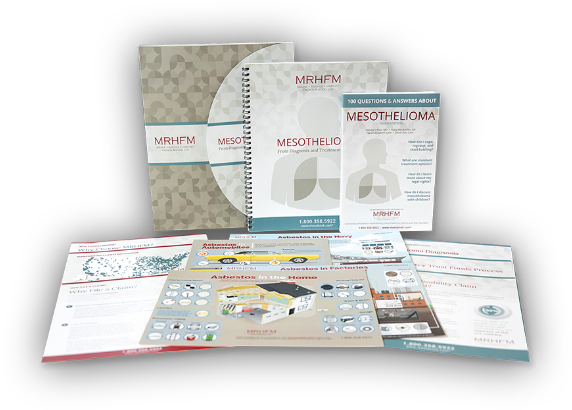Researchers at the Marlene and Stewart Greenebaum Comprehensive Cancer Center at University of Maryland (UM) School of Medicine have found a link between platelet count and malignant peritoneal mesothelioma (MPM) survival. MPM is a rare aggressive tumor of the abdominal lining (peritoneum) that accounts for one fifth to one third of all mesotheliomas. Like other mesotheliomas, MPM is caused by exposure to asbestos.
Between January 2006 and December 2015, 100 patients with high-grade epithelioid MPM were evaluated and selected for CRS and HIPEC. The CRS-HIPEC procedure is an aggressive combination of surgery and chemotherapy that has been associated with prolonged survival in patients with MPM. Though it is the “preferred treatment in select patients,” says the study, “patient selection criteria remain ill-defined for this operation that is also associated with significant morbidity and mortality.”
Patients had a mean age of 54 years with a range of 17-81 years. Lead author Yue Li writes, “we analyzed various patient and treatment related factors potentially associated with overall survival (OS).” The results were as follows:
The median actuarial overall survival was 32.8 months; the actuarial 1-, 3-, 5-year survivals were 70, 49, and 36%, respectively. On multivariate analysis, suboptimal resection (CCR > 1), high tumor burden (PCI > 20), and elevated preoperative platelet count (>367,000/mm3) were independently associated with shortened OS (P < 0.05). Median OS in patients with elevated versus normal platelet counts were 13 and 58 months, respectively (P < 0.001). Compared with patients with normal platelet counts, patients with elevated counts had significantly greater residual disease after operation (P = 0.008).
In short, the study concluded, “elevated preoperative platelet count is independently associated with poor outcome. Notably, thrombocytosis [disorder in which the body produces too many platelets] reflects aggressive tumor biology and should be considered a factor in patient selection for CRS and HIPEC.”
Because the findings in this study suggest refining the criteria for CRS-HIPEC patient selection, they conclusions are significant. Improved selection could lead to better outcomes for MPM patients who undergo this pioneering and potentially lifesaving treatment.
Sources
Ahmed, Ishtiaq, Salman Ahmed Tipu, and Sundas Ishtiaq. "Malignant Mesothelioma." Pakistan Journal of Medical Sciences. Professional Medical Publications, 2013. Web. 26 June 2017.
Bridda, Alessio, Ilaria Padoan, Roberto Mencarelli, and Mauro Frego. "Peritoneal Mesothelioma: A Review." Medscape General Medicine. Medscape, 10 May 2007. Web. 26 June 2017.
Li, Yue C., Tamara Khashab, Julia Terhune, Richard L. Eckert, Nader Hanna, Allen Burke, and H. Richard Alexander. "Preoperative Thrombocytosis Predicts Shortened Survival in Patients with Malignant Peritoneal Mesothelioma Undergoing Operative Cytoreduction and Hyperthermic Intraperitoneal Chemotherapy." Annals of Surgical Oncology (2017): n. pag. SpringerLink. Web. 26 June 2017.






